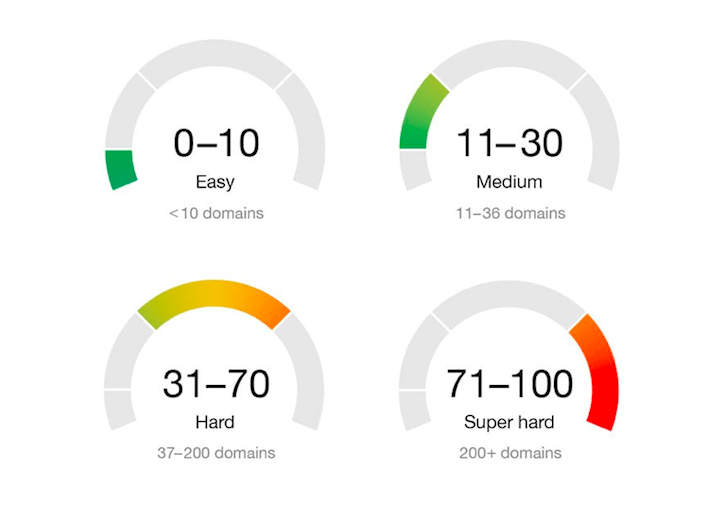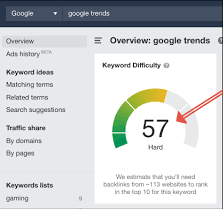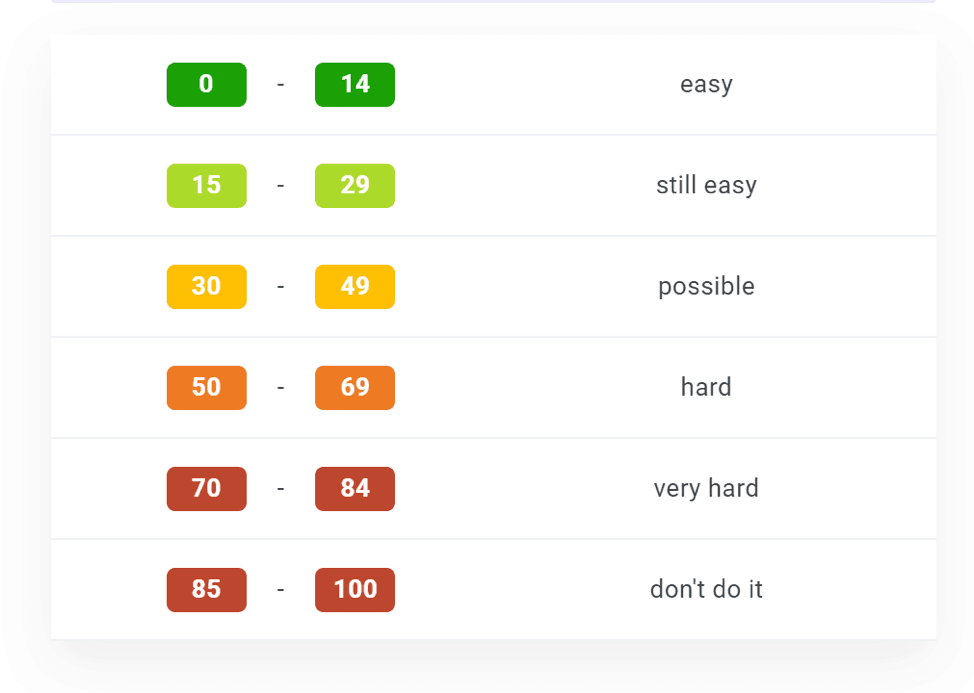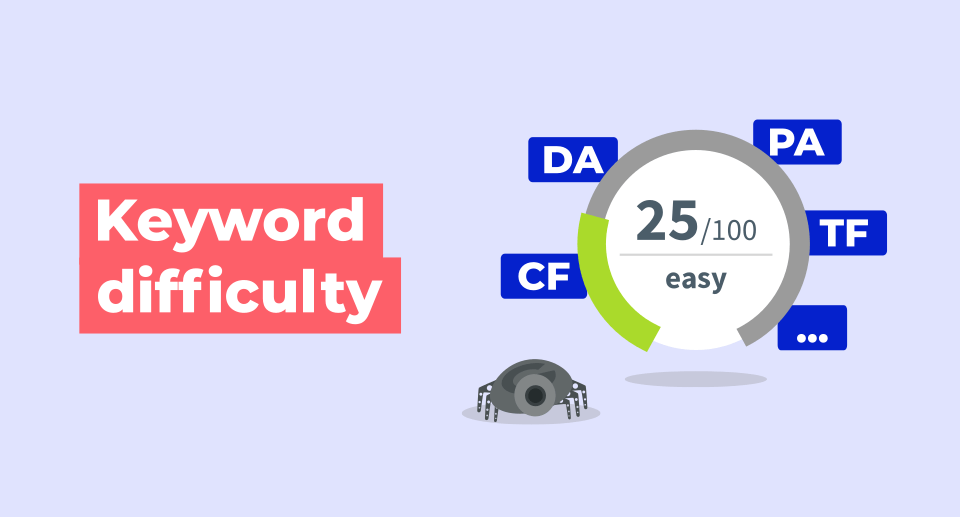Keywords are an essential part of any successful SEO strategy.
Choosing the right keywords to target can have a significant impact on the success of your online marketing efforts.
But how do you know which keywords to target?
One of the most critical factors in selecting the right keywords is keyword difficulty.
In this article, we will discuss how to calculate keyword difficulty, why it is essential, and how it can help you outrank your competitors.
What is Keyword Difficulty?
Keyword difficulty is a metric that measures how hard it is to rank for a particular keyword.
The higher the keyword difficulty score, the more challenging it is to rank for that keyword.
Keyword difficulty is determined by analyzing various factors such as the number of websites already ranking for that keyword, their domain authority, page authority, backlinks, and more.
Why is Keyword Difficulty Important?
Keyword difficulty is crucial because it helps you choose the right keywords to target for your SEO strategy.
Choosing keywords that are too difficult to rank for can be a waste of time and resources, as you may never achieve the desired ranking.
On the other hand, choosing keywords that are too easy to rank for may not generate the desired traffic or revenue.

By calculating keyword difficulty, you can choose keywords that are within your reach and have a higher chance of ranking well in search engine results pages (SERPs).
How to Calculate Keyword Difficulty?
Calculating keyword difficulty is not an exact science, and different SEO tools use different algorithms to calculate it.
Here are the steps to calculate keyword difficulty:
Check the search volume
Look at the search volume of the keyword.
High search volume keywords are usually more difficult to rank for as they have higher competition.
Evaluate the intent
Evaluate the intent of the keyword.
Some keywords may have a commercial intent, meaning that they are used by people who are looking to buy something.
Other keywords may have an informational intent, meaning that they are used by people who are looking for information.
Calculate the Keyword Difficulty Score
Once you have analyzed the competition, search volume, and intent, you can calculate (or look up) the keyword difficulty score.

Most SEO Tools will show you a Keyword’s Difficulty or Competition using this scale.
The score is usually calculated on a scale of 0 to 100, with 0 being the easiest and 100 being the most difficult.
Different tools use different algorithms to calculate the score, but they usually take into account the factors mentioned above.
Analyze the competition
The first step is to analyze the competition for the keyword.
You can use various tools such as Ahrefs, SEMrush, Moz, or Google Keyword Planner to analyze the top 10 results for the keyword. Look at the authority of the websites, the number of backlinks, and the quality of the content.
How Difficult is too Difficult?
Now that you’ve calculated the Keyword Difficulty and looked at your Competition, you can check your own metrics in comparison.

These are the most important things to keep in mind when trying to see if you’ll be able to rank well for a Keyword:
Domain Authority (DA)
Domain Authority is a metric developed by Moz that predicts how well a website will rank on search engine result pages (SERPs).
Websites with higher Domain Authority are more likely to rank well for competitive keywords.
Page Authority (PA)
Page Authority is a metric developed by Moz that predicts how well a specific page will rank on SERPs. Pages with higher Page Authority are more likely to rank well for keywords.
Backlinks
Backlinks are links from other websites to your website. The number and quality of backlinks to your website play a vital role in your website’s search engine rankings.
On-Page Optimization
On-page optimization refers to optimizing the content on your website for specific keywords. Proper use of keywords in your content, meta descriptions, and title tags can help improve your search engine rankings.
Conclusion
To calculate keyword difficulty, you need to analyze the competition, check the search volume, evaluate the intent, and use a tool to calculate the difficulty score.
By understanding the keyword difficulty, you can create an effective SEO strategy and target the right keywords to improve your search engine rankings.
